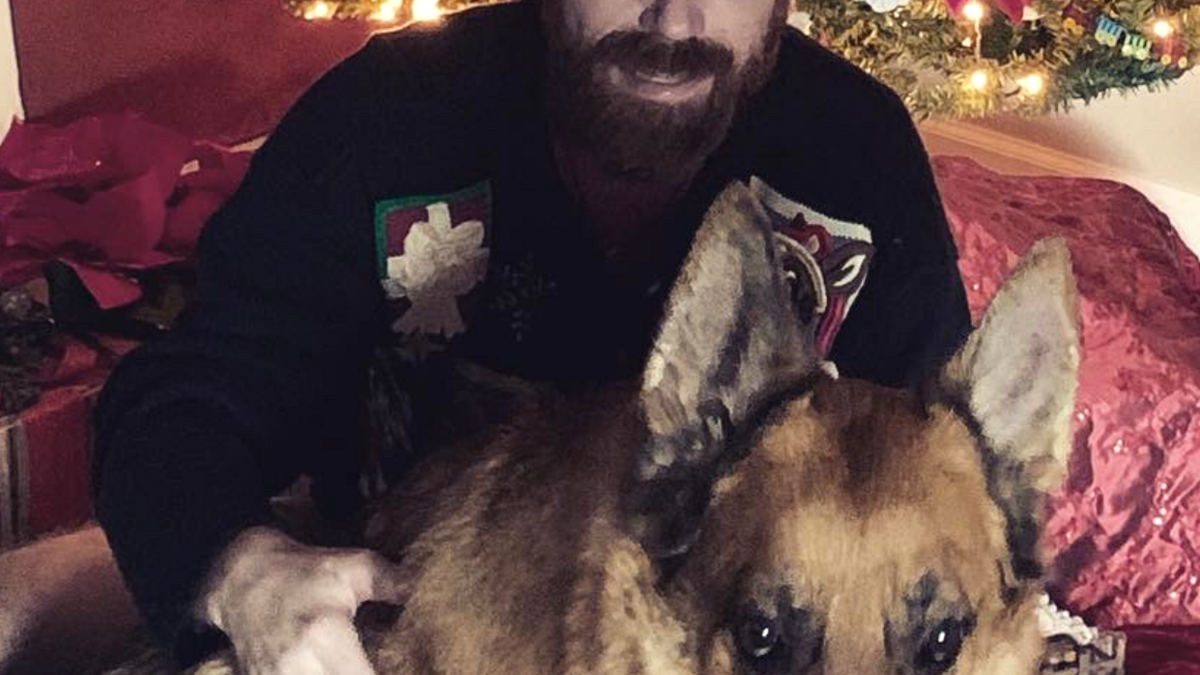Army veteran and Health Solutions grad aims to be a changemaker in future physical therapy career

John Wynkoop says he was drawn both to ASU's kinesiology program and the university's rapport with the veteran community.
Editor's note: This story is part of a series of profiles of notable fall 2021 graduates.
U.S. Army veteran John Wynkoop had two separate but related experiences that set him on his path toward changing the future of health.
His first was as an active-duty service member, when he met a couple of physical therapists who worked with him and other soldiers.
“They made a lasting impression and showed me there is more than just a practitioner-patient relationship when it comes to the health care system,” Wynkoop said. “It’s really about forming a connection based on relatability and compassion.”
His second was as a military veteran and was far less positive.
“I have had very poor experiences dealing with the Veterans Administration health care services, and I want to find ways to improve it for others. I would love to give back to the veteran population and ensure they are getting the treatment they deserve,” he said.
Those polar-opposite experiences with health care and a move to Mesa to help out his mom led him to Arizona State University.
“After I got out of the Army, I researched which degrees would set me up for success to pursue a physical therapy program, and I found kinesiology,” he said. “The other reason I chose ASU was its rapport with the veteran community due to the lasting legacy of Pat Tillman.”
As an ASU student, Wynkoop has taken advantage of every opportunity to help realize his goal of becoming a physical therapist who would make a difference. He was a teaching assistant, worked as many clinical hours as he could, maintained a 4.0 grade-point average and still found time to volunteer for Mikey’s League, a local nonprofit that provides sports programming for people of all ages, regardless of their abilities or limitations.
“Sports is a way for individuals to experience triumph, which can ensure they’re successful throughout life no matter what obstacles they may face. And Mikey’s League helps break down stereotypes and assumptions about people who have different abilities,” he said. “Being able to volunteer with this organization has taught me how to communicate and teach in multiple ways to ensure success, which I think will be valuable when I become a physical therapist.”
And that’s what changing health care is all about — communication and compassion, he said.
“When approaching health and impacting others, you have to have an open mind and place yourself in other people’s shoes to see how they view health and approach it that way. I think people fall into a trap of thinking that just because they are active or healthy, it should be easy for others to do the same exact thing, and that is simply not true,” Wynkoop said.
Wynkoop graduates this December with a Bachelor of Science in kinesiology. Learn more about his experience at ASU and his plans for the future:
Question: Which professor taught you the most important lesson while at ASU?
Answer: Kristin Hoffner (College of Health Solutions principal lecturer in kinesiology) taught me the most important lesson while at ASU: No matter how old you are, everyone has life experiences to share and shouldn’t be discredited.
Q: What’s the best piece of advice you’d give to those still in school?
A: Don’t let adversity define you as an individual. If you fail at something, don’t let that define you. Learn from your failure and come back stronger and ensure it does not happen again.
Q: What was your favorite spot on campus, whether for studying, meeting friends or just thinking about life?
A: My favorite spot to study, especially during the fall months, was sitting outside of Health North at the Downtown Phoenix campus and enjoying the weather.
Q: What are your plans after graduation?
A: I was accepted into the physical therapy program at A.T. Still to pursue my doctorate in physical therapy.
Q: If someone gave you $40 million to solve one problem on our planet, what would you tackle?
A: Unfortunately I do not think there is enough money in the world that can change an individual’s mindset away from hate and ignorance and more toward love and respect.
More Health and medicine

ASU, University of Wisconsin partner to empower Black people to quit smoking
Arizona State University faculty at the College of Health Solutions are teaming up with the University of Wisconsin to…

New book highlights physician wellness, burnout solutions
Health care professionals dedicate their lives to helping others, but the personal toll of their work often remains hidden.A new…

80 years of pioneering speech and hearing services for the community
Over 80 years ago, in 1937, the first course in communication disorders, Speech Correction, was offered at Arizona State…